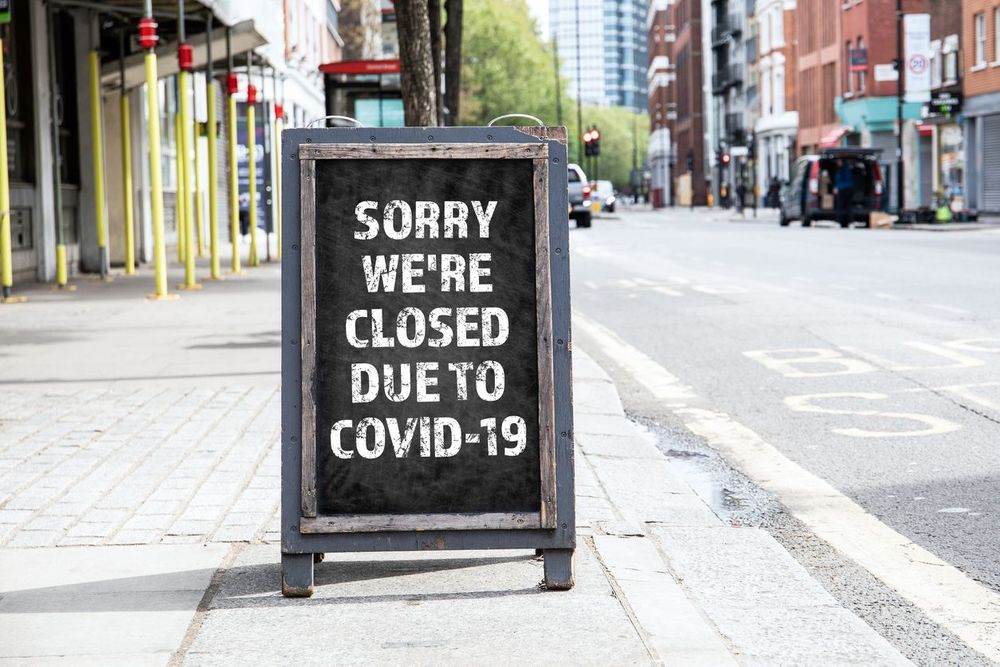
Even during the best of times, no one would describe getting a job as an easy task. Regardless of the economy, you might struggle to find a job. This means it can seem nearly impossible to find a job when the job market is unfavorable. However, there are ways you can rise up from the other applicants and make the most of whatever the current job market might be.
While the overall job market may be competitive, some industries could be tougher than others. Spend time researching which industries and companies are expanding and thriving. If you look on several job boards, you might notice a few companies with multiple job listings and positions to fill.
You should also check out company press releases and business articles in the newspaper. Then, consider which of those positions would be a good fit for you. Before you apply for a position, update your resume to appeal to the specific industry or company.
If you're looking for an easy way to find and apply for jobs, you won't be very successful. When it comes to finding a great job, there are no shortcuts. You can't search through one website, apply for one job, and receive an offer. Generally, finding work in a tough market involves dedication and hours of effort.
During tough times, some businesses look to cut their HR and recruitment costs. As a result, they don't advertise their open positions as much as they usually do. Some jobs may only be listed on the company website, or they might not be listed at all. To find out about current openings, you can reach out to the hiring managers directly.
Using this proactive method to find work takes time. Instead of receiving email alerts about jobs or using a prefilled application to submit your resume, you need to research and connect with hiring managers. In the end, putting in the hours can pay off.
As you wait to hear back from employers or find out about new openings, renovate online presence. The first thing you should update is your LinkedIn profile. Do you have a professional headshot, or an old picture from high school? If you don't have a professional image, look for one or take a photo shoot. Update your information and add a few blogs. During a downturn in the economy, your LinkedIn could make or break your chance at a job.
If you're on any other professional platforms, update them as well. Even your personal social media accounts could affect your job outlook. Remove any political posts or compromising images, as they could convince an employer not to hire you.
Depending on how much time you have, you might want to write and publish content. You can also create youtube videos, or build your own website. Whatever you do, keep it professional and relevant to your career goals. At some point, a recruiter or hiring manager might be impressed by your work and extend a job offer.
When times are tough, networking makes life easier. With fewer companies posting about their job openings, you need to rely on your network to reach out to you about positions. But that won't happen if you're not active. Every week, carve in time for networking. Check in with old friends and colleagues, and reach out to people you want to connect with.
After Covid, many job-seekers put networking on the back burner. However, networking is easier and more successful than ever. As people spend less time out and about, they turn their attention to their computers and smartphones. It's not difficult to connect with people on LinkedIn, Facebook, and other platforms.
You also should look into attending webinars and conferences. From the comfort of your own home, you can attend industry events and interact with others in your field. If you want to be effective, be active and vocal. You won't make connections by sitting in the background and watching TV while a webinar plays in the distance.
Although the prospects may seem grim, you shouldn't be doubtful you'll receive a job offer. It's best to be ready for a job offer at any time, or you could miss out on an opportunity. Before you apply for jobs, know your salary requirements, availability, and other important details.
Likewise, be ready to interview whenever you receive a phone call. Even if you don't have any scheduled interviews, have an interview outfit ready to go. Always have a few copies of your most recent resume, or you may be scrambling to print out copies on the day of an interview.
If you're in an industry that was hit hard by the pandemic or any other issue, you might struggle to find work. With job prospects far and few between, you may need to be flexible. Consider other industries or job titles, and apply for positions in those areas.
In some cases, you will need to be willing to take a pay cut. Before you find yourself in this position, figure out your budget and decide on a minimum salary. There's always a chance that your salary will increase when the economy improves.
Being open to change and flexible could be the boost you need to find a new job. But don't compromise too much, or you will end up in a dead-end job.
As the weeks and months go by, you probably find yourself feeling distraught. Unfortunately, a negative mindset brings new challenges to the job hunt. To keep yourself from burning out or losing self-esteem, stay positive.
Of course, that's easier said than done. If you feel yourself losing hope, take a break to do something you enjoy. Then, get back into the search with a renewed vigor. Follow the other tips above, and there could be a job offer around the corner.
Lorem Ipsum is simply dummy text of the printing and typesetting industry. Lorem Ipsum has been.
